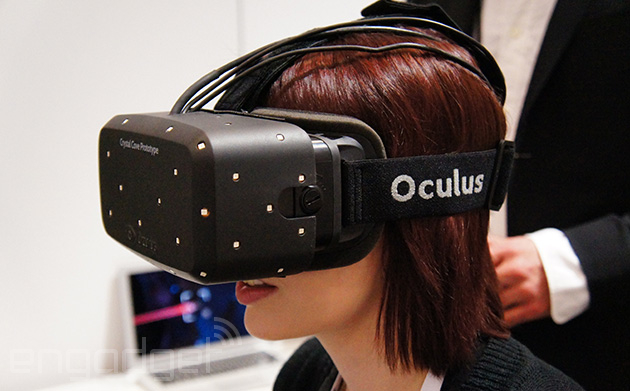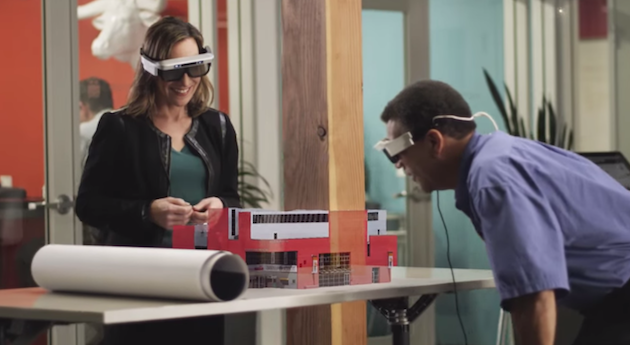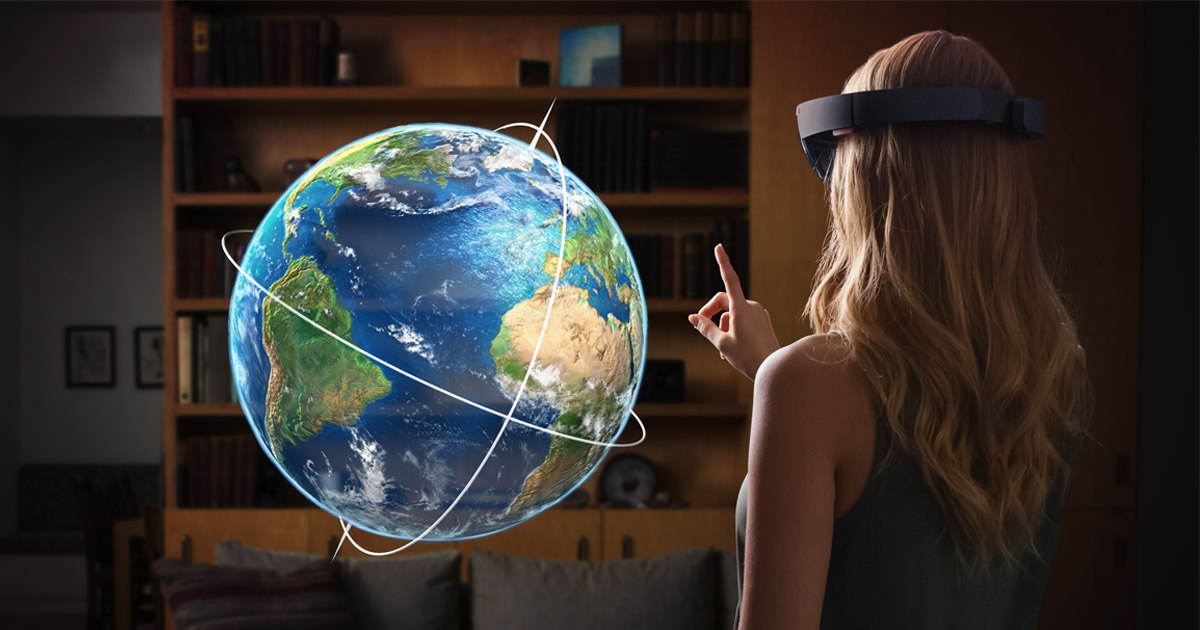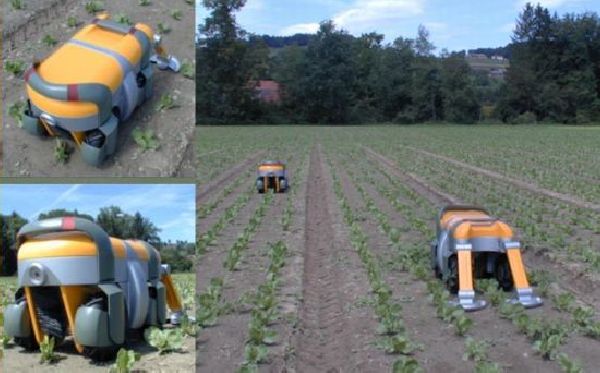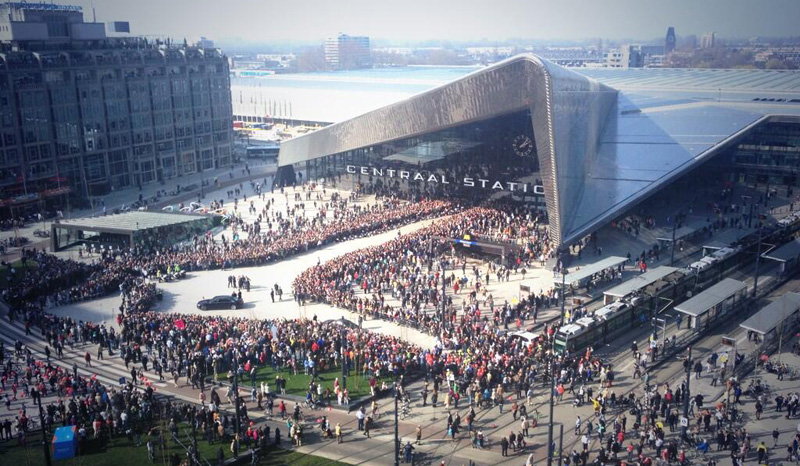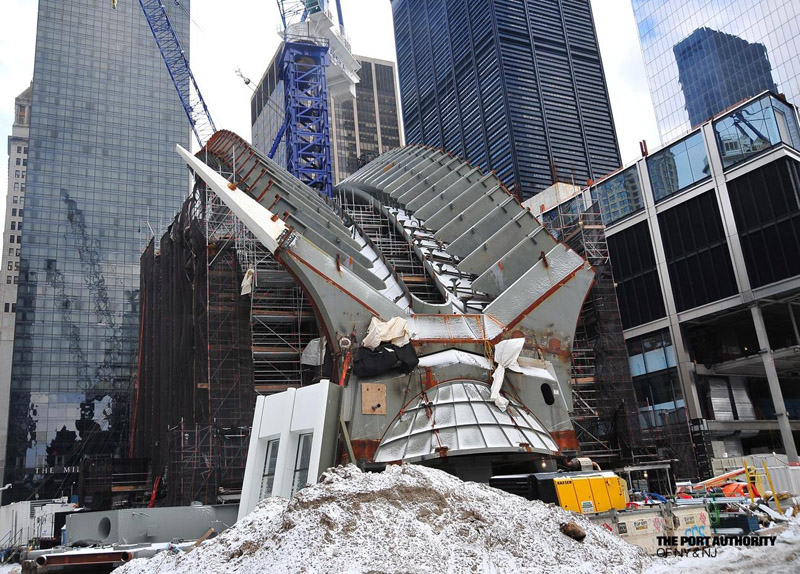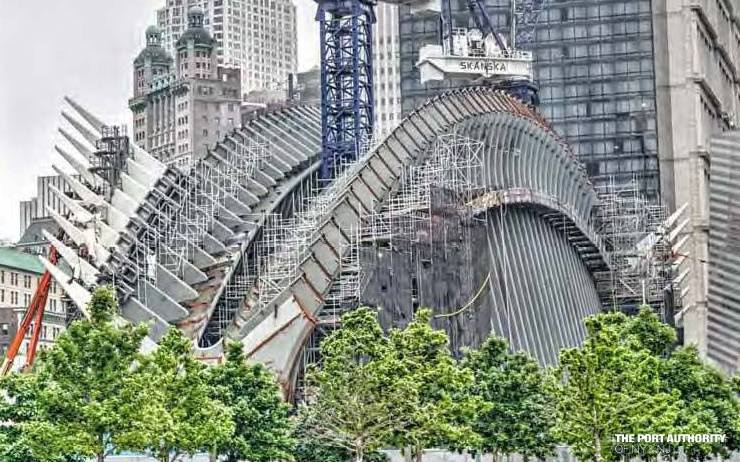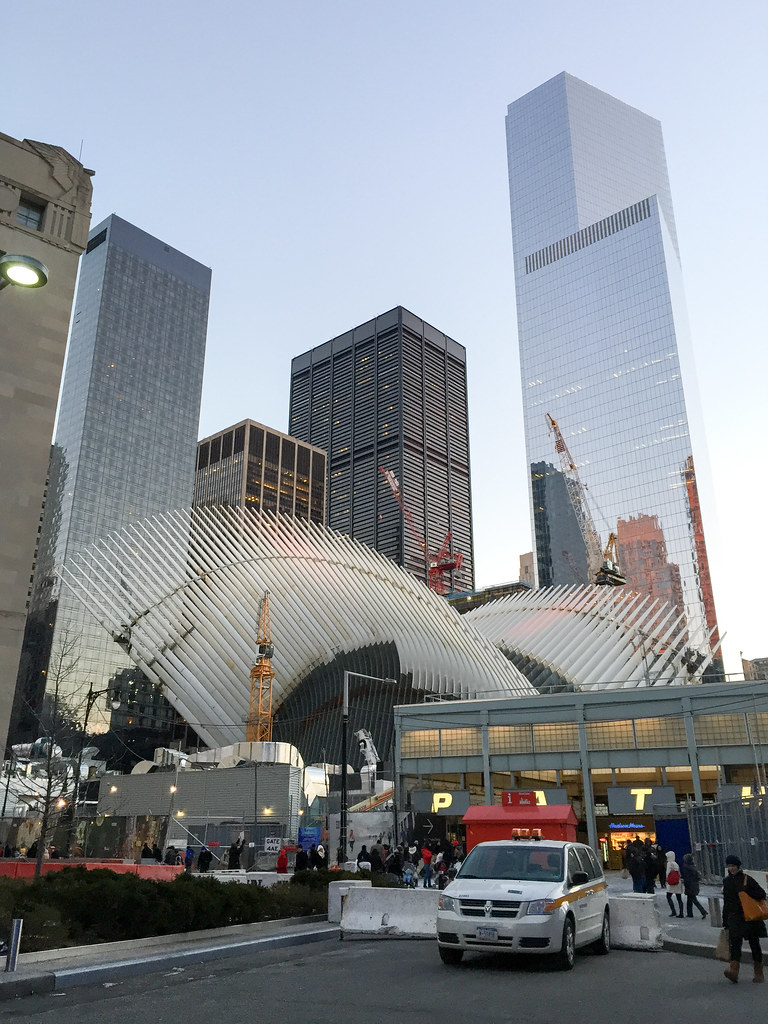Wie de wereld van vandaag wil begrijpen hoeft alleen aan een grasmaaier te denken. Een grasmaaier is een simpel apparaat maar het heeft alle eigenschappen die van belang zijn voor het begrijpen van onze economie, de risicos en de transitie naar duurzaamheid.
Een grasmaaier heeft een doel, we gebruiken hem om onze tuin mooi te maken, om een mooiere wereld te bewerkstelligen. Zo komt het dat de grasmaaier er kwam, we wilde een betere wereld (letterlijk en figuurlijk). Een grasmaaier gebruikt energie, dat is soms stroom, soms benzine. Het ding heeft een gaspedaal en een bestuurder. Het ding maait gras, dat gras moet er zijn. Het kan ook andere dingen maaien.
Als een enkel persoon deze grasmaaier zou besturen dan zou er waarschijnlijk niks mis gaan, stel we kiezen de persoon die het mooiste tuintje wil en geven hem het recht om te maaien dan zouden we allemaal rustig kunnen slapen. Komt die persoon op gegeven moment met de opmerking ‘die benzine maaier maakt delen van de tuin kapot door klimaatverandering’ dan zou de transitie een gezamelijk begrepen inspanning zijn : Naar een electrische maaier.
Maar de grasmaaier is een creatie van ons allemaal en de bediening gebeurt door verschillende groepen mensen die hun acties om uiteenlopende redenen niet coordineren. Daardoor is de grasmaaier op hol geslagen en maait hij geen mooi tuintje meer, integendeel, hij maait alles plat wat er te maaien valt tot er geen stoppel meer te zien is.
Waarom? Omdat de mensen in het systeem geld verdienen en daar hun leven mee leiden, en dat maakt ze kortzichtig. Zolang ze kunnen doen waarvoor ze beloond worden en er is niemand die ze stopt gaan ze er mee door. Dit zijn :
- De benzine verkoper verkoopt zoveel mogelijk benzine, hij wil dat de maaier blijft maaien ook al is er geen gras meer te bekennen. Dit zijn de fossiele bedrijven.
- Degene aan het gaspedaal wil zoveel mogelijk gas geven, want deste meer gas deste belangrijker deze persoon is, dit zijn de banken.
- Degene die stuurt zoekt steeds een plek om te maaien, ook al is de rest van de tuin kaal en kan het er niet meer vanaf, een nieuw doel wordt gezocht waar gemaaid kan worden. Dit zijn de economen en mensen die investeringen bepalen.
- De mensen die over het eind resultaat gaan zijn de politici. Die willen een mooie tuin, maar proberen vooral iets moois te maken van wat er nog te maken valt. Ze vormen de dagdromen van de bestuurder, en de dagdromen die de bestuurder het machtigst maken komen uit. Economen zijn belangrijke bemiddelaars tussen deze groepen, en doen dat in het belang van de benzine verkopers.
- Wij, De eigenaren, bewoners, de mensen die van het gras zouden moeten genieten, zien de grasmaaier maaien en wordt vertelt dat dit een fantastische manifestatie van de moderniteit is, vooruitgang, of ons wordt niks verteld als het apparaat door een weide met broedende vogels ploegt of de tuin van mensen die wij niet kennen. We moeten koffie zetten en boterhammen maken voor de bedieners van de maaier, de benzine man ontvangen en respecteren want die heeft belangrijke lading. En de economen die aanwijzingen geven, want die weten wat goed is voor de het maaiproces.
- Het gras symboliseert alle hulpbronnen, waarvan er sommige op raken en sommige zullen herstellen van de aanslag. Wij horen daarbij.
Momenteel wordt er zo veel gemaait dat de uitlaatgassn van de grasmaaier een dubbel negatief effect op de tuin en het gras hebben. Het zal duidelijk zijn dat de mensen die gas geven, de mensen die de benzine verkopen, de dagdromers en zeker de economen waarnaar deze luisteren geen enkel belang hebben bij minder grasmaaien. Dat laatste is wat nodig is. De tuin is al netjes, er moeten andere dingen gebeuren behalve maaien, er kan ook geplant worden. De belangrijkste manier waarop we van zulk soort denken worden afgehouden is de economische terminologie, die het vaak over ‘groei’ heeft. Maar de brandstof verkopers, bestuurders, dagdromers, economen willen maaien, en noemen dat groeien.
De economen die de spil van het grasmaai proces vormen zullen aangeven dat iedereen moet werken om de grasmaaier te laten werken. Banen voor mensen die willen werken, en iedereen krijgt zijn deel van het gras. Er is geen bestuurder of dagdromer te vinden die deze koek niet slikt. De mensen die dat niet doen worden niet serieus genomen. Om mensen de koek te laten slikken moeten mensen die dit niet doen veel slechter af zijn, dus mensen die meer hulpbronnen willen creeren, willen planten en herstellen, zijn links, zwak, alternatief, radikaal, communistisch.
Het mag duidelijk zijn dat om het gras niet onherstelbaar kapot te maaien er een alternatief moet komen voor maaien. Een die gelijkwaardig is aan het maaiproces, die alternatief dat niet gestoord wordt door het maaiproces. Dat is zaaien. Planten en laten groeien. Wie een grasveld inzaait moet het weken lang met rust laten. We zien voortdurend hoe als er wijken gebouwd worden er begonnen wordt met een zandvlakte, en later groeit overal gras. Dat proces moeten we net als het economisch proces in een kern proces erkennen, en net zo belangrijk maken als het maaien. Ik heb hier eerder over geschreven in het kader van ‘extraeconomische’ enclaves.
Extraeconomische enclave : Gebied waarin overvloedige groei van biomassa wordt bereikt zonder externe energie input (gas, olie, kolen) en zonder het geproduceerde aan de wereldhandel aan te bieden.
Als we niet alleen naar de bestuurders van de grasmaaier luisteren maar ook bv. naar de tuin architect, en als het een moestuin is de boer die planten begrijpt, dan zal de grasmaaier minder belangrijk worden. Door het denken van de economen is een verandering naar een meer gebalanceerd beheer van onze tuin lastig geworden, iedereen kan kiezen : helpen maaien of armoede. Alleen een politieke beweging die zich niet laat leiden door economen, maar die extraeconomische principes hanteert kan uitkomst bieden. De maaier moet zijn gedachten verrijken.
Wat zijn die Extraeconomische principes :
- Creer hulpbronnen zonder hulp van de benzine verkopers. Dit bij voorkeur waar de hulpbronnen extra zijn, en natuurlijk op plekken die zijn kaalgemaaid.
- Verhandel deze hulpbronnen niet in de economie, maar laat ze zich ophopen. Minimaliseer de handel en stel deze uitsluitend ten dienste van de mensen die helpen de hulpbronnen te creeren. Dit kan ook niemand zijn, als het proces wordt geassisteerd door robots.
- Bescherm de hulpbronnen tegen de grasmaaier. Laat geen econoom, bankier, benzine verkoper ooit zeggenschap krijgen over wat er met de hulpbronnen gebeurt.
Door dit soort Extraeconomische enclaves op te zetten, waarin men kan werken en leven, of vertrekken naar de wereld van de grasmaaier, ontstaat een buffer van leven, biomassa, die CO2 opslaat en die in balans is met de behoeften van de bewoners. Hernieuwbare energie speelt hierbij een essentiele rol, maar technologie en robotica ook.
Er is nu geen duidelijke tweede optie voor de grasmaaier, omdat de meeste politici zich hebben laten strikken door de economische principes, omdat ze zijn opgegroeid en een leven willen leiden in de grasmaaier. Ze weten dat het geen goed proces is, maar weten niet hoe ze de exit kunnen maken. Door roboeconomisch enclaves te creeren kunnen deze mensen dit wel doen. Het beste zou zijn als roboeconomische denken zou gaan bestaan naast economisch denken.
Extraeconomische enclaves kunnen verweven zijn in de normale economie. Uw zonnepanelen zouden als u er zelf waterstof mee maakte en niet aan het net aansloot uw huis een kleine extraeconoische component kunnen geven. Zou u met een deel van de waterstof het verbranden van bomen of gas voorkomen door het weg te geven dan zou dit eenzelfde effect bereiken al het planten van bomen waar niemand ze omhakt. Dorpen, steden, provincies en landen kunnen zo langzaam extraeconomische binnen economische gebieden ontwikkelen, zodat de bewoners kunnen kiezen hoe ze willen leven, als toeschouwer/dienaar van de grasmaaier of als deelnemer in een proces van werkelijke groei, overal waar het kan, in een beweging terug naar een weelderige tuin.
Voor het opzetten van extraeconomische enclaves zijn middelen nodig, en de bankiers en benzine verkopers zullen zeggen dat dit allemaal veel te duur is, voornamelijk omdat het idee van onverhandelbare weelde in botsing komt met alles waar ze in geloven. Daarom moeten die middelen zonder overleg worden genomen, echter wel met een duidelijk plan. Daarbij moet er zo snel mogelijk gewerkt worden aan een duurzame basis voor enclaves, dwz niet alleen het runnen ervan is fossiel vrij, maar ook de opzet. Dit is belangrijk omdat dan geen wrijving meer wordt opgwekt met de benzine verkopers, bankiers, economen. Dan kan de groei van dit soort enclaves pas echt een vlucht nemen, ten goede van iedereen, en de tuin.
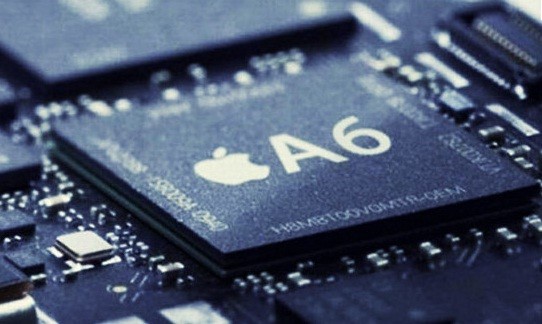
 John McCafee is no pussy
John McCafee is no pussy